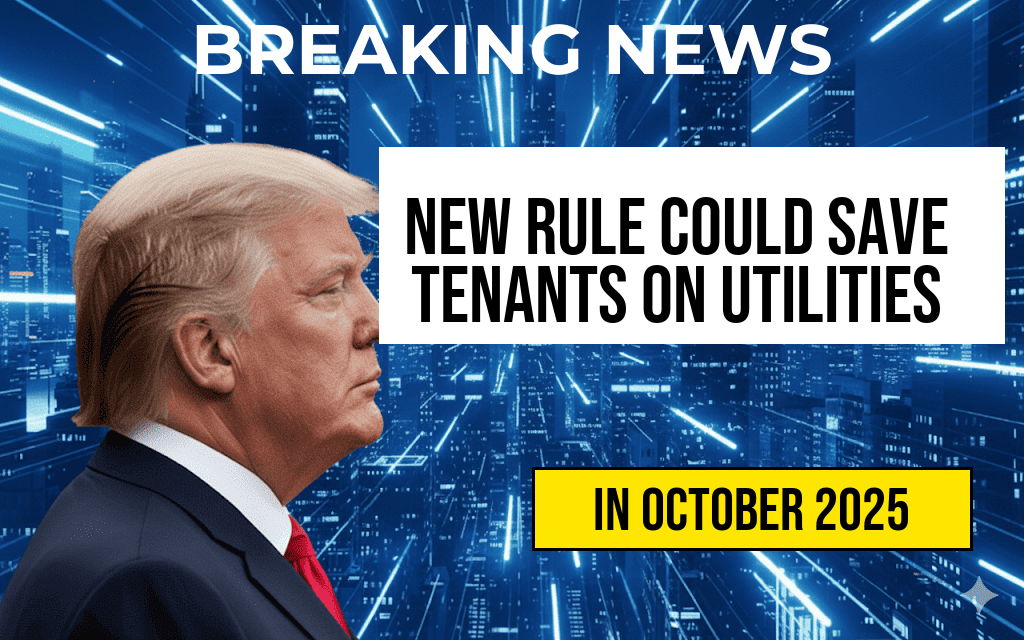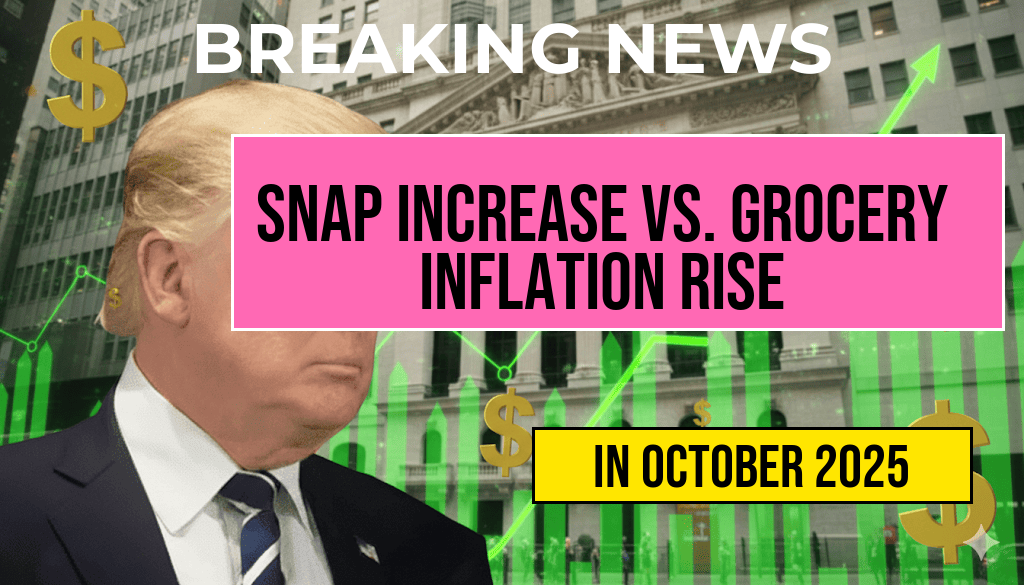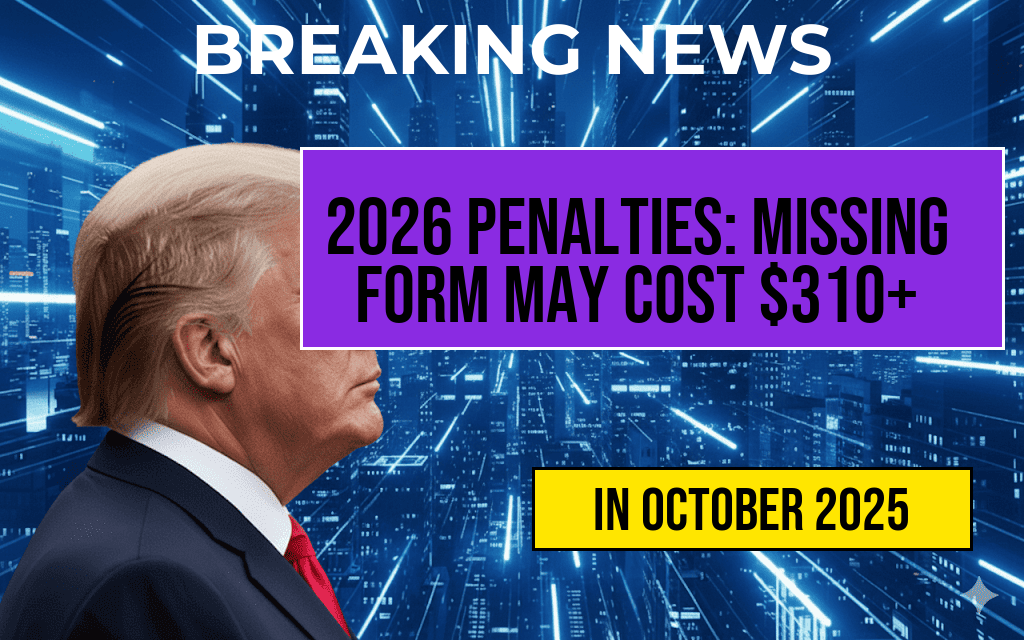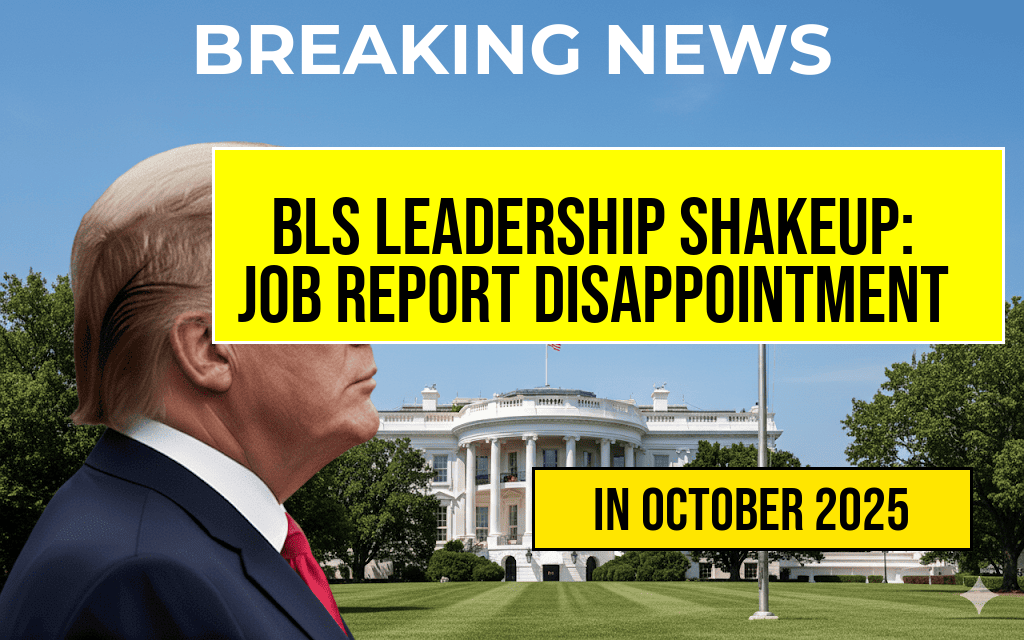In an effort to alleviate the financial burden on residents, the District of Columbia has implemented a new notice rule aimed at reducing utility shutoff fees for tenants. This regulation is expected to save tenants anywhere from $200 to $500, a significant amount for many households struggling with rising living costs. The rule mandates that utility companies must provide a 30-day notice before shutting off services, giving tenants ample time to address any outstanding bills. This initiative not only empowers tenants to manage their utility payments more effectively but also aligns with broader efforts to promote housing stability in the district. As utility costs continue to surge, this new requirement is being hailed as a crucial step toward protecting vulnerable populations from the detrimental effects of service interruptions.
Understanding the New Notice Rule
The new regulation, which was officially enacted earlier this month, requires utility providers in Washington, D.C. to notify tenants at least 30 days in advance of any impending shutoff due to non-payment. The goal is to ensure that residents have adequate time to settle their accounts, explore payment options, or seek assistance from local organizations before their utilities are cut off.
Key Features of the Regulation
- 30-Day Notification Period: Utility companies must send a written notice to tenants at least 30 days prior to service disconnection.
- Clear Communication: Notices must include detailed information on outstanding balances, payment options, and resources for assistance.
- Protection for Vulnerable Tenants: The regulation aims to protect low-income households and those facing financial hardships from unexpected utility shutoffs.
Potential Savings for Tenants
The financial implications of the new rule are significant. Many tenants have reported incurring hefty fees due to sudden utility shutoffs, often ranging between $200 and $500. These fees are not only a burden but can also lead to a cycle of debt for those already struggling to make ends meet. By providing tenants with a 30-day notice, the new regulation allows for better financial planning and may help reduce or eliminate these additional costs.
Real-World Impact
Advocates for tenant rights have expressed support for the new measure, arguing that it empowers residents by giving them more control over their utility management. “This rule is a lifeline for many families in D.C.,” said Maria Lopez, a local housing advocate. “It allows tenants to avoid the devastating consequences of an unexpected shutoff, which can lead to further financial distress.”
Broader Context of Utility Management in D.C.
Utility management in Washington, D.C. has been a growing concern, particularly as the cost of living increases. The city’s Office of the People’s Counsel has been actively involved in discussions about how to improve utility services and protect consumer rights. The introduction of the new notice rule is part of a wider initiative to enhance transparency and accountability among utility providers.
Resources for Tenants
To help navigate the complexities of utility payments and potential assistance programs, several resources are available to tenants:
- D.C. Utility Payment Assistance – A website offering information about various assistance programs.
- D.C. Government Resources – Official government portal with tools and resources for residents.
- National Consumer Law Center – Provides legal resources and advocacy for consumer rights.
Looking Ahead
The implementation of the new notice rule signals a shift toward more tenant-friendly policies in D.C. As the city continues to grapple with the challenges posed by rising living costs, similar measures may emerge to further protect tenants. Stakeholders are optimistic that such initiatives will not only reduce the financial strain on households but also foster a more stable living environment for all residents.
| Service | Typical Shutoff Fee | Potential Savings |
|---|---|---|
| Electricity | $200 | $200 |
| Water | $150 | $150 |
| Gas | $250 | $250 |
| Total Estimated Savings | $200–$500 |
Frequently Asked Questions
What is the new DC notice rule regarding utility shutoff fees?
The new DC notice rule requires utility companies to provide advance notice to tenants before a shutoff occurs, which can help them avoid incurring shutoff fees that typically range from $200 to $500.
How can tenants benefit from this new rule?
By receiving timely notifications, tenants can take necessary actions to address their utility bills before a shutoff happens, potentially saving them significant amounts on fees.
Are there any specific requirements for utility companies under this rule?
Yes, utility companies are now mandated to send a written notice to tenants at least a specified number of days before the shutoff, ensuring they have sufficient time to respond.
What should tenants do if they receive a shutoff notice?
If tenants receive a shutoff notice, they should contact their utility provider immediately to discuss payment options or seek assistance to avoid the fees associated with the shutoff.
When did the new DC notice rule take effect?
The new DC notice rule took effect on October 1, 2023, aiming to provide greater protections for tenants against unexpected utility shutoffs and the associated costs.








